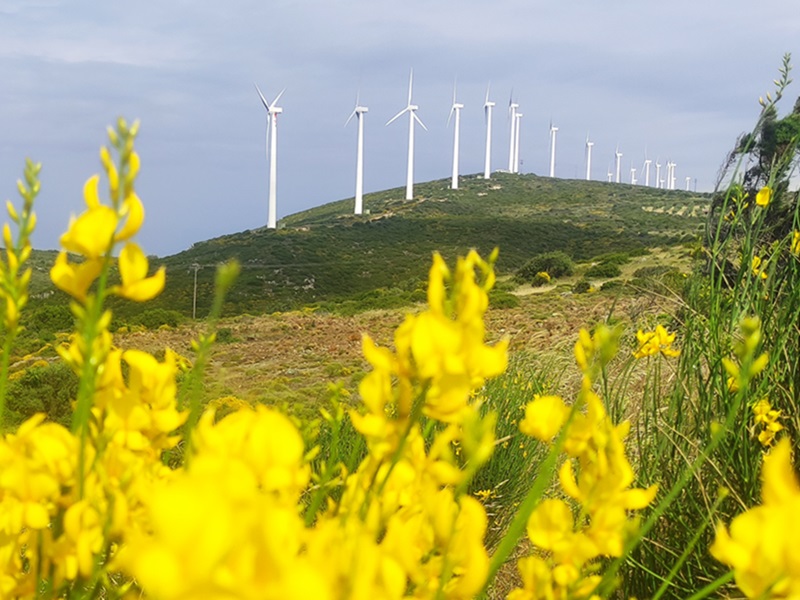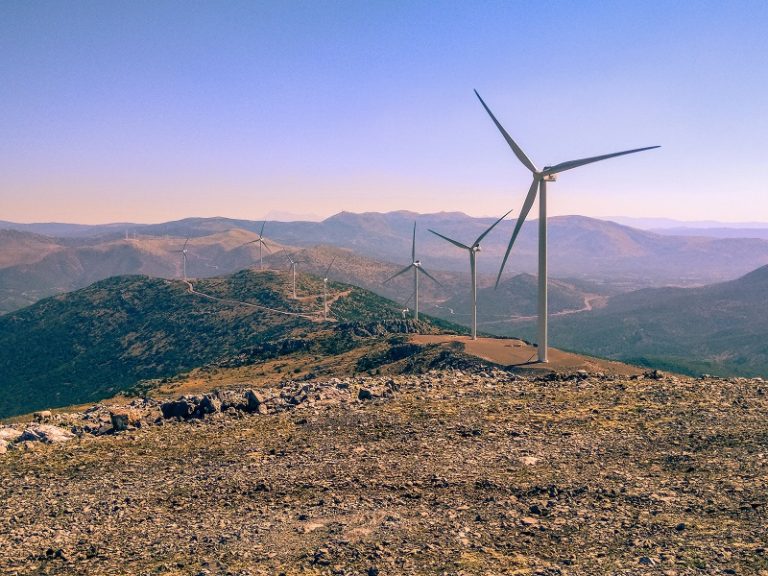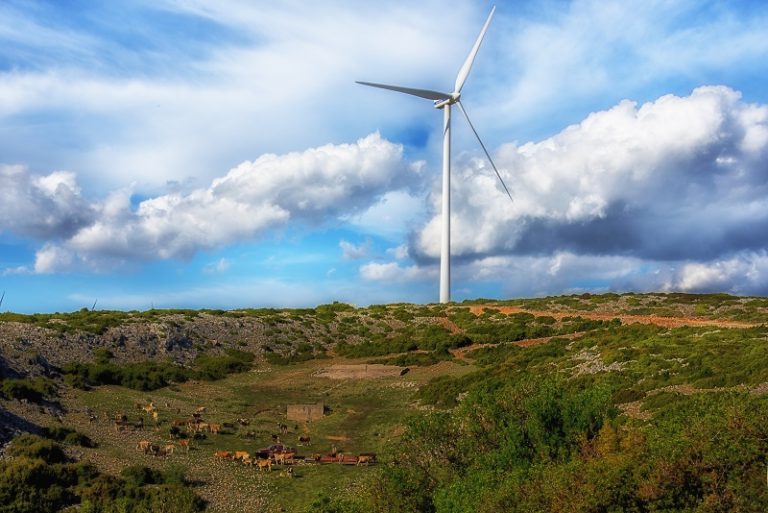HWEA’s participation in the European Commission’s stakeholder meeting on the Greek energy sector

Monday, 11 March 2024
The Hellenic Wind Energy Association -ELETAEN, represented by it’s CEO Mr. Panagiotis Papastamatiou, participated in the stakeholder meeting on the Greek energy sector that took place at the European Commission’s premises in Athens, on Monday 11 March, 09.30-11.00.
Mr. Papastamatiou mentioned and analyzed the perspectives of the wind industry on the following for main issues:
1] NCEP and access to the grid
1.1] We need more wind than the current scenario of the RES technologies mix within the NCEP. PVs have been accelerated more and this is not in line with the need for a balanced and optimum technology mix, with less curtailments, less need for storage and less cost for the consumers.
1.2] Moreover, Greece is the country in our broader region with the highest wind potential. Therefore, in the optimum scenario it is expected that meeting our targets should be based on wind to a larger extent than the neighboring countries.
Doing so, the wind potential of Greece will be -in the medium/long term- of high value for the energy security of EU since it will produce electricity during hours (i.e. the non-noon hours) when the grids of the region will not be saturated, and the prices will have not been cannibalized.
1.3] In any case, the methodology and the criteria for curtailments should be in line with the EU legislation.
This includes:
- the administratively predefined curtailments as a percentage of the power of each RES plant in specific predefined time-periods of the day,
- the inability to impose curtailments, when applicable, to RES plants connected to Medium Voltage (mainly PVs),
- the need for clear separation of the RES projects within the different categories foreseen in the legislation, based on their legal obligation to be re-dispatched when necessary.
2] Permitting
Environmental permitting remains extremely time-consuming because most of the authorities (the ones which are not directly controlled by the Ministry of Energy) do not respect any deadline foreseen in the legislation.
The most characteristic examples are the cases of applying for modification of existing EIA Approvals with a reduction of the footprint (e.g. reduction of the number of WTGs, reduction of the grid works etc.). Even in these cases, the delays are huge, and authorities may opine negatively because they examine the whole project from the beginning and not the specific request for the modification, thus ignoring the existing EIA.
3] Special Environmental Studies (SESs) for Natura Areas etc.
Most of them include extensive, a-priori exclusion zones for wind parks:
- without documentation of the causal link between the alleged impact on each specific species and the different possibilities for alternative solutions for wind parks’ development,
- without assessment of the impacts caused by the imposed restrictions on the development, the cost of energy and the climate,
- ignoring the numerous data gathered for specific areas through extensive EIA studies,
- without considering the EU legislation for the overriding public interest and the balancing between RES and other public interests.
It is underlined that imposing such extensive a-priori exclusion zones (as proposed by the SESs), will result that the clauses for the overriding public interest will never be applied (because the prerequisite for applying such clauses is the submission and the assessment of an EIA study by the applicant, while submitting such an EIA study for a project in an exclusion zone is forbitten).
From this point of view, the Studies are not adequate to lead on decisions for the protection measures.
4] Supply chain
Industries of the supply chain face unfair competition from other non-EU countries having special trade agreements with the EU.
For example, a Greek metallurgic industry which manufactures towers as subcontractor of an EU WTGs manufacturer, and imports steel from China will undertake the cost of the import-tax from China, and it will pass this cost on the price of its product. If the same product, with the same steel from China will be manufactured in Turkey, the tower from the Turkish industry will be exported to EU without this tax, while this has not been paid when the Turkish industry imported the steel from China.
You may download HWEA’s memorandum used for EC Meeting HERE


